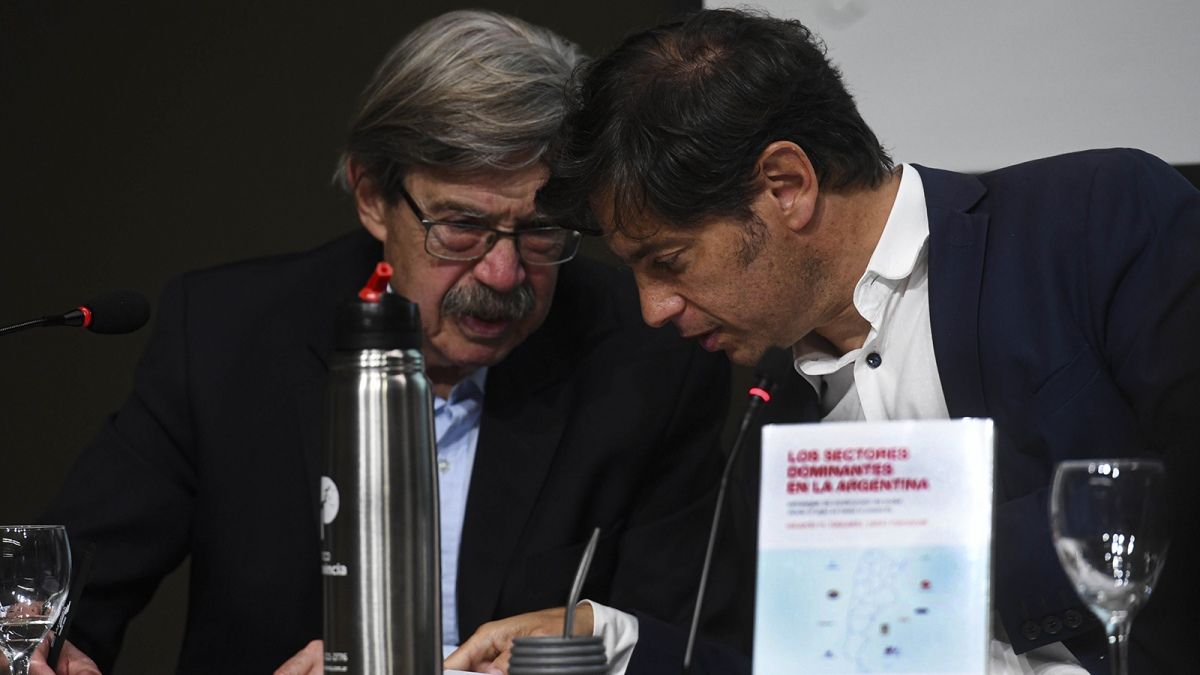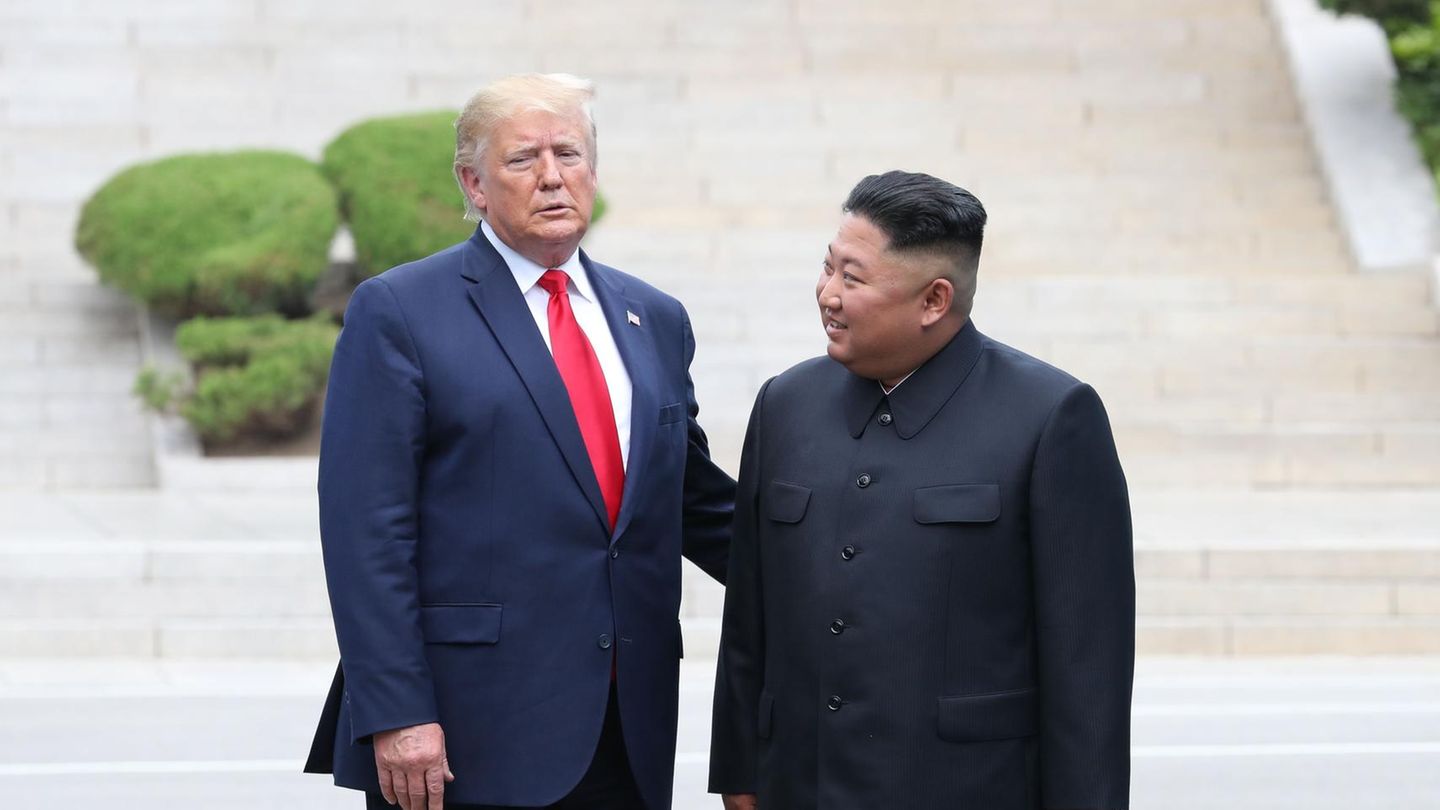“They have a responsibility, it is not the 70 years of Peronism, but since 1880 they have been the protagonists, with frustrations, broken promises, and failures,” he said, adding that the current oligarchy is no longer that of the “Desert Campaign.” , but these local and foreign groups, that have diversified in their production and in the type of association they make between the two.
A1.jpg
In fact, kicillof stated that the book, which is structured in a first chapter narrating the trajectory of the local economic groups and a second of the foreign conglomerates in the country, is key because it shows that “articulation and exchanges appear in both actors, also in their relationship with the workers and with the political power”, adding that a key year was 2008 and the conflict with the 125, where post-crisis reconstruction was passed in which it was thought that there was a progressive actor of that recovery, as the local economic groups, “dressed as national bourgeoisie”, to the disenchantment, disappointment and defection of that economic actor.
“Perhaps they never had that vocation, he added, because they were not Little Red Riding Hood but the wolf, it was not that romanticized bourgeoisie, but rather the local economic groups, which changed the view of the government at that time, and if certain behaviors were expected, it went too far to regulate to promote and encourage certain behaviors of these groups for national development. And the results were good, because the current dynamics between 1976 and 2001 changed, even if not definitively”.
Kicillof also stated that “our regulatory framework fails”, because there is an economic unit that must be understood and legislated for, where “these economic groups form a team, they are not individual types, and if they always end up scoring a thousand goals, it is because there is a DT, a tactic and a strategy, which goes beyond the company or a CEO, but is a group of companies often in different fields, where some even resign benefits in one place to maximize them in another”.
He also added that the economic vision that the book proposes is not the dominant one, but “it is the one that allows us to go through a tradition of production of the popular and heterodox fieldwho even had difficulties to simply intervene in certain debates, and even more difficulties for this intervention to have permanence and regularity, compared to other micro and macroeconomic analyses, often not very constructive and sometimes also malicious”.
In this sense, he praised the possibility that the book offers to understand Argentine economic history based on the strategies of this leadership and the different behaviors of these two groups. In fact, he added, from the book Various hypotheses formulated by the authors were corroborated and, also, “other perspectives were honestly modified in the face of the appearance of new evidence.”
But the most important thing, he remarked, was that the perspective and the lens with which the economic process is viewed through the business leadership, allows “to understand things that would not be understood from another perspective: there is a methodological and also a political dispute” .
conclusions
Kicillof stated that the book led him to formulate two conclusions, being the first of them that the “orthodox and right-wing myth, but also of some of the popular camp, is that the Argentine economy historically had an industrialization that lacked more foreign investment, due to its tendency to strangle or external restriction , that is, the lack of dollars for imported industrial inputs, which “supposedly Foreign Direct Investment solves, because it helps to increase production, allows the entry of dollars, more export capacity, greater productivity, and import substitution.” But, he pointed out, the book shows that for more legal security and seduction of this foreign capital, the evolution of this type of investment “widens the deficit and the need for more foreign currency, because it does not have the promised behavior in terms of investment since it they carry it, which is well documented in the book.”
The second and related one, he pointed out, has to do with an “ideological rather than a scientific vision, with very negative repercussions for the economy in general and especially for development”, as is the fact of considering that in 1976 and in 2015, ” much less now.” the industrialization process was exhausted due to the lack of dollars to import inputs. Instead kicillof He stated that “beyond the limitations, conditions and restrictions, we fight for YPF and against the vulture funds to overcome this external restriction or lack of dollars, for which it is a fight and a political decision, but interests must be faced”.
Source: Ambito
David William is a talented author who has made a name for himself in the world of writing. He is a professional author who writes on a wide range of topics, from general interest to opinion news. David is currently working as a writer at 24 hours worlds where he brings his unique perspective and in-depth research to his articles, making them both informative and engaging.




